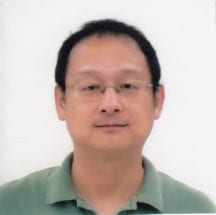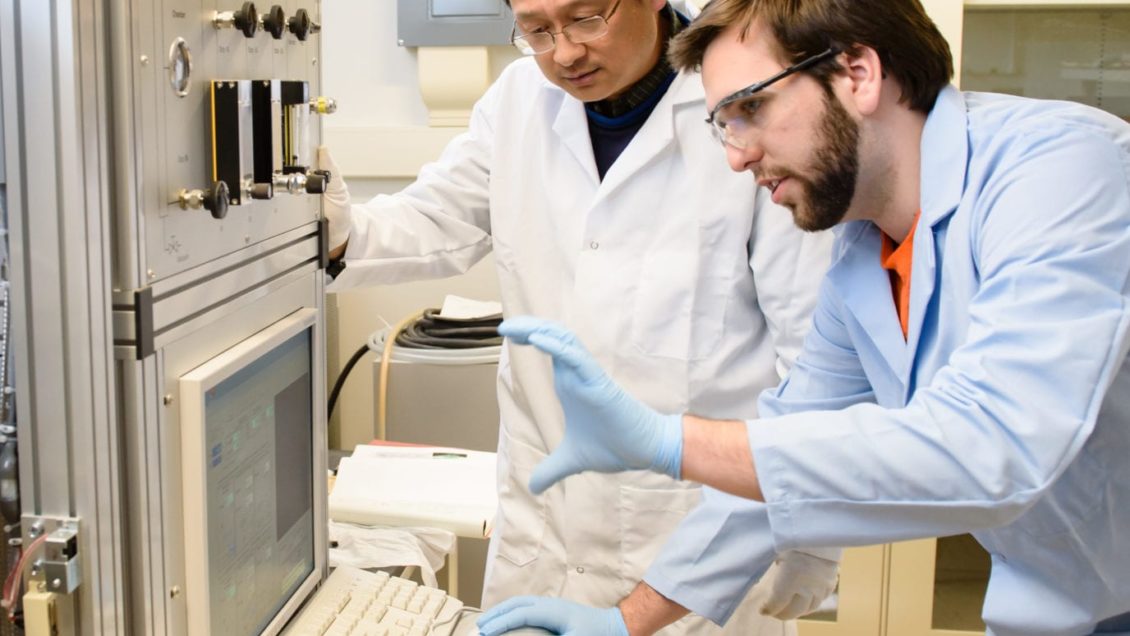CLEMSON, South Carolina – While reviewing manuscripts and keeping track of the latest research developments in heat energy conversion, Clemson University physicist Jian He noticed an upsurge in articles on low-grade heat harvesting that confused the concept of thermopower.
The confusion led to misleading claims of “ultrahigh thermopower,” said He, an associate professor in the College of Science’s Department of Physics and Astronomy.

After expressing his concern to Science editors, He was invited to write a perspective article to clarify the confusion. He joined forces with Xun Shi of the Shanghai Institute of Ceramics to write “Thermopower and harvesting heat – A metric to compare low-grade heat-to-electricity conversion can be misleading,” which was published in the Jan. 22 issue of Science.
Directly converting low-grade heat into electricity offers enormous potential economic and environmental impacts. But low-grade heat, a heat source with a temperature between room temperature and 100 degrees Celsius, is difficult to harvest. Examples of low-grade heat include environmental heat and the human body.
Thermoelectrics, thermionic capacitors and thermocells are the leading trio of low-grade heat harvesting technologies. These technologies are “heat engines” in a general sense as they all convert a temperature difference into a voltage output.
“You want a device to use a minimal input (i.e., temperature difference) to create a maximum output (i.e., voltage),” He said.

One major performance index of a low-grade heat harvesting device is gauged by dividing the voltage output by the difference.
The confusion comes because the thermopower – an intrinsic physical property of a material – happens to have the same unit, i.e., voltage over temperature. Comparing the voltage of a material and the voltage of a device at face value is like comparing apples to oranges because they have distinct causes.
Because of the confusion, researchers might exaggerate the technical advantage of high voltage over temperature ratios without disclosing the trade-offs such as the large internal resistance and thus low power outputs, He said.
“It’s important that researchers are using the terminology in the precise sense so that comparisons are valid,” He said. “Otherwise, these issues risk hampering the field of low-grade heat harvesting.”
He’s research interests are condensed matter physics and materials science. He has been on Science’s Board of Reviewing Editors since 2018. About 230 scientists from around the world and from various scientific fields are on the board, prescreening thousands of manuscripts each year to identify works worthy of in-depth review and, ultimately, publication. Science is one of the world’s most prestigious academic journals. The acceptance rate is less than 7 percent.
Get in touch and we will connect you with the author or another expert.
Or email us at news@clemson.edu

